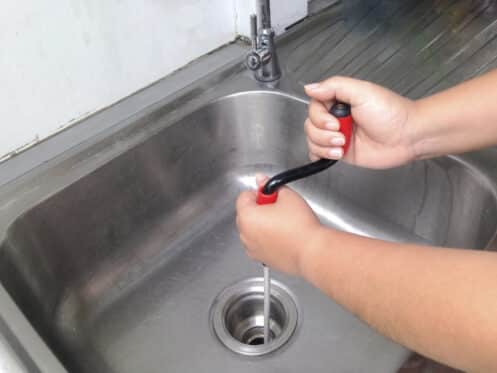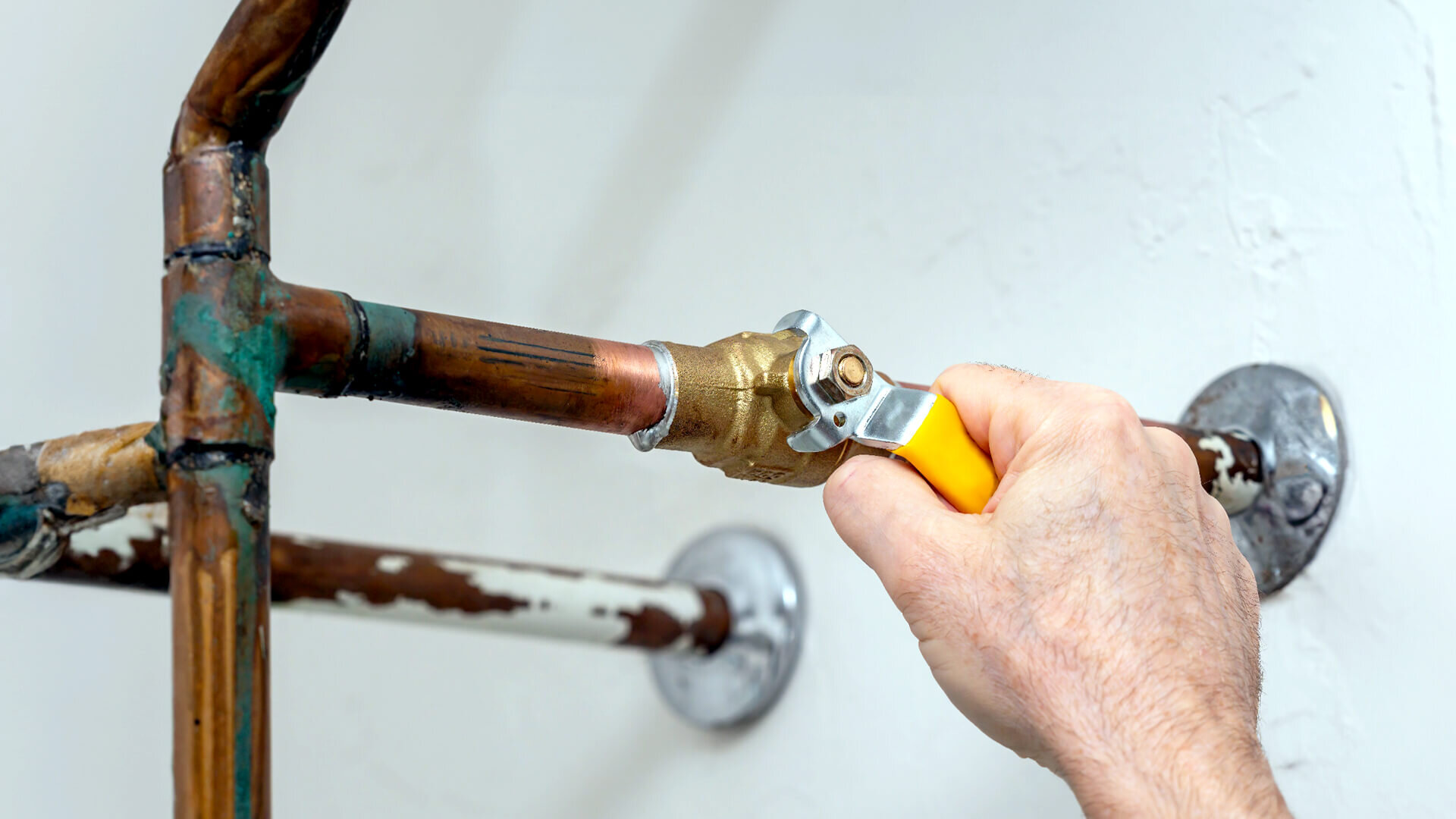Bathroom Plumbing Essentials: What Every New Homeowner Needs to Know
Bathroom Plumbing Essentials: What Every New Homeowner Needs to Know
Blog Article
Do you find yourself on the lookout for advise involving 11 Must-Read Tips for Plumbing a New House?

For new home owners, understanding and maintaining washroom plumbing can save both money and time by protecting against pricey issues down the line. Below are some necessary washroom plumbing tips to aid you maintain everything running efficiently.
Plan For Cold Weather
Protect your pipelines from freezing throughout cold weather by shielding pipelines in unheated areas like cellars, attics, and garages. During severe cold, allow cold water drip from faucets offered by subjected pipes to aid avoid freezing.
Arrange Regular Upkeep
Consider organizing yearly evaluations with an accredited plumbing professional. They can identify concerns that you could miss, such as concealed leakages or deterioration on pipelines and fixtures. Routine upkeep assists extend the life of your plumbing system and can protect against emergencies.
Acquaint Yourself with the Key Shut-Off Valve
Understanding where the main water shut-off shutoff lies in your home is vital. This allows you to swiftly switch off the supply of water in case of significant leaks or during pipes emergencies, stopping extensive water damages.
On A Regular Basis Check for Leakages
Small leaks can result in big issues. Routinely inspect under sinks, around toilets, and near pipes fixtures for any indicators of leakages. Seek dampness, tiny drips, or rust. Catching and repairing leakages early can stop much more serious damage and save water.
Keep Your Water Heater
Ensure your hot water heater is readied to a proper temperature level (normally around 120 degrees Fahrenheit) to stop scalding and reduce power usage. Flush the storage tank every year to get rid of debris build-up, which can decrease the effectiveness and lifespan of your heating system.
Upgrade Your Components
If your home has older components, take into consideration updating to a lot more reliable versions. Modern toilets, showerheads, and faucets are made to use less water while offering good pressure, which can considerably decrease your water bill and environmental impact.
Beware with DIY Plumbing Repairs
While it's tempting to handle all home repairs on your own, be cautious with pipes. Some concerns could need expert expertise, especially if they include primary water lines or drain repair work. Working with an expert can occasionally be a lot more economical than do it yourself, particularly if it stops additional damage.
Do Not Neglect Slow Drains
If your sink or bathtub is draining gradually, it's commonly an indicator of a blockage forming. Resolving this very early can prevent a complete clog. Make use of a plunger or a plumbing's snake to remove debris. Avoid using chemical drain cleaners as they can harm your pipes in time.
Know What Not to Flush
Bathrooms are not garbage disposals. Stay clear of flushing anything apart from toilet tissue and human waste. Items like wipes, womanly hygiene items, and cotton swabs need to be taken care of in the trash to stop clogs and sewage system backups.
Install Strainers in Drains
Location filters in your sink and tub drains pipes to catch hair and various other debris before they enter your plumbing system. Cleaning up the filters frequently will help stop buildup and keep water moving easily.
Verdict
Comprehending and keeping your home's restroom pipes can prevent lots of common concerns. By complying with these essential ideas, you can guarantee your restroom continues to be functional and reliable, conserving you time and money in the future.
5 Plumbing Tips for First-Time Homeowners
Know How to Shut Off the Water
In most homes, the water can be shut off at two places: at the appliance or fixture itself, and for the whole house. For instance, look under your sink or behind the toilet. See those little knobs that connect with the pipes? Those are the shut off valves for those fixtures. Simply turn them until the water is off. The main shut off valve (which controls water throughout your entire home) will be outside, where the water feeds into the structure. You might need a dedicated tool, such as a water shut-off key, to shut off the water at the main.
Build an Emergency Plumbing Kit
Everyone knows how important it is to have a high-quality plunger around the house. But there are other things that can help you out when issues arise with the pipes. Building an emergency plumbing kit to solve issues on your own is part of any list of basic plumbing tips. Consider adding these things to create a basic plumbing kit:
Adjustable wrench Tongue-and-groove pliers Screwdrivers Plumber’s tape Pipe sealant Duct tape Set of hex keys Clip light for working under cabinets Auger and hand snake Do a Little Research
Many small leaks can be handled by replacing a small part of the piping system, tightening part of a faucet, or even changing out an aerator. Take the time to browse how-to articles for common plumbing problems, such as a running toilet or slow-draining sink. You might be surprised to find how easy it can be to do simple things yourself, like replace a valve in the back of the toilet.
Keep it Simple With No Chemicals
If you have a clog, you might be tempted by the promises of liquid drain cleaner. While this might work at first, it actually causes more damage deep in the pipes, eventually creating even more problems down the road.
Instead, try using baking soda and vinegar to create a strong fizzing effect that can help break up clogs and clear gunk from drains. Follow it with boiling water to clean the pipes even more thoroughly.
Take Care of Your Garbage Disposal
Be cautious about what you put down the disposal. Avoid pouring in fats, oils, and grease, as these are a surefire way to get a clog. Beware of certain foods too, such as celery or bones, as they can lodge in the works. Always run the disposal with water flowing.
https://modernize.com/homeowner-resources/other/10-plumbing-tips-for-first-time-homeowners

Call Today Report this page